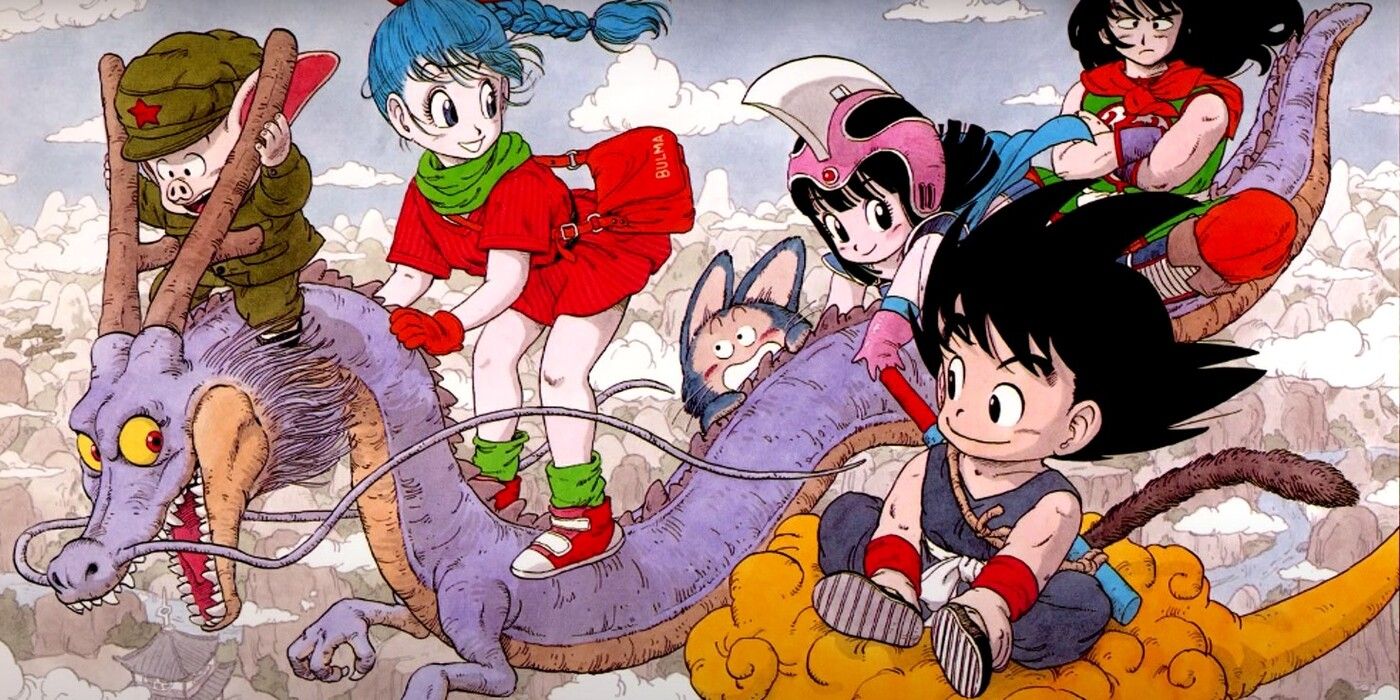Recently, Japanese authorities arrested a Dragon Ball fan for selling bootleg copies of the magazine containing the manga's debut chapter.
As reported by Anime News Network, Police in Japan's Ishikawa Prefecture arrested a 50-year-old Tokyo resident for selling bootlegs of Weekly Shōnen Jump Issue No. 51, published in 1984. As this issue is now relatively rare, it typically sells for exorbitant amounts online. In April, the fan in question sold a bootleg copy of the magazine for 180,000 yen (at the time of writing, equivalent to about $1,282.) While police have accused the suspect of knowingly selling the bootleg, violating Japan's Copyright Act, the suspect allegedly stated that he sold the issue "with the knowledge that it was genuine."
The Manga Magazine’s Quality Exposed the Fraud
Despite the suspect's denial, the 30-year-old buyer, who owned a genuine copy of the same issue, discerned by comparison the bootleg's different paper quality. The issue's glue binding was also a giveaway, as the magazine's bindings were stapled until 1994's Issue No. 10, published on Feb. 21. Shueisha, the publishers of Weekly Shōnen Jump, was notified about the incident, and released a statement on the magazine's website warning buyers to beware of fraudulent copies and giving tips on how to spot bootlegs.
Weekly Shōnen Jump published Akira Toriyama's Dragon Ball manga ten years after its initial launch, serializing the manga's last chapter in June 1995. Chronicling Goku's early years before the events of Dragon Ball Z and Dragon Ball Super, the series has a relatively more comedic focus than its follow-ups, introducing minor but popular recurring characters like Yamcha, Puar, Oolong, and Arale, among others. Certain villains introduced in Dragon Ball also return in later installments, such as the Red Ribbon Army, which recently starred in the movie Dragon Ball Super: Super Hero, directed by Tetsuro Kodama. Its story revolves around Gohan and his mentor Piccolo's efforts to stop the revived army from using its deadly new android warriors, Gamma 1 and Gamma 2, to take over the world. The film enjoyed critic and financial success both in and outside of Japan, grossing over $30 million at the U.S. box office as of August 2022.
After the completion of Dragon Ball Super's "Granolah the Survivor" saga, Akira Toriyama put the series on indefinite hiatus. The entire Dragon Ball manga saga, including Z and Super, is available in English from VIZ Media. The Dragon Ball anime adaptations are available on Hulu.
Source: Anime News Network

